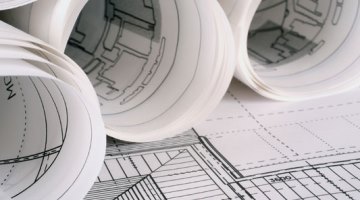In May 2018, ANZ thinkstep published a report calculating that the built environment contributes up to 20% of New Zealand’s GHG emissions.
The NZGBC's call to the NZ Government to enshrine zero carbon buildings in the Building Code – the minimum legal standards to which buildings have to be constructed – and a demand for energy efficiency declarations when selling or leasing means that well designed new buildings, together with retrofitting existing buildings with high performance insulation is a must.
Insulation is a simple improvment to help achieve these goals for New Zealand.
The word 'insulation' is derived from the latin word 'insula' which translates to 'island'.
Insulation helps isolate areas whereby energy movement or sound transfer is limited - ie creating an island!
Most thermal insulation is derived from fibres, or foams, creating lots of very small airgaps (air gas pockets). It is those still air pockets that inhibit the transfer of (heat) energy from the hotter side to the cooler side.
Buildings themselves need help to become more energy efficient. Home insulation therefore reduces the amount of heat that escapes from a building in the winter and protects it from getting too warm in the summer. Thus saving energy use and waste.
A well insulated house is less likely to have condensation. By removing condensation you are helping minimise the incidence of mould. Mould and moisture in the home can cause health issue - particularly for young children and older people.
- Where does your house 'leak' energy?
- CEILING: 30-35%
- WINDOWS: 21-31%
- WALLS: 18-25%
- FLOORS: 12-14%
Insulation is one of the most cost effective ways to reduce energy waste and to improve the overall comfort of your home. Make sure your whole house warms up, not just the living area. Maximise your heating (and/or cooling in the summer) by minimising the losses through your walls, ceilings and floors.
Don't forget to stop those draughts by sealing around doors and windows, and by using effective curtains.
Using efficient heating such as heat pumps, clean wood burners and flued gas devices also make a huge improvement. Reduce moisture in your home by extraction vans in bathrooms and kitchens.



